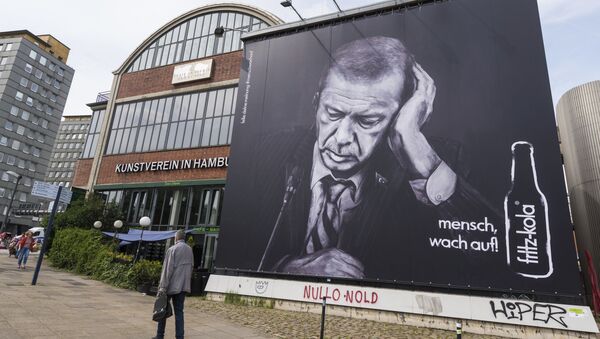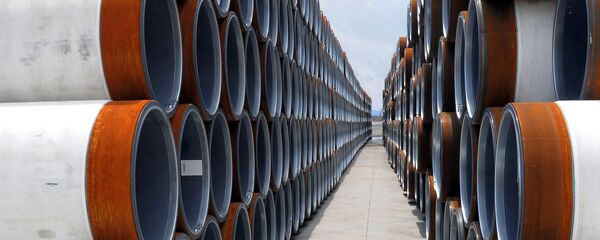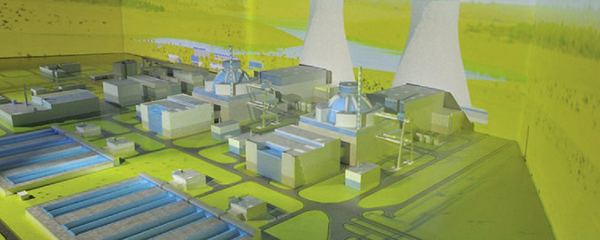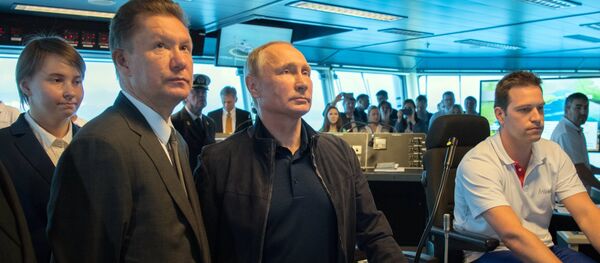They discussed Recep Tayyip Erdogan's "image in Germany, his troubled relationship with politicians and journalists in the country and his view of the case of imprisoned journalist Deniz Yücel."
However, near the end of an almost 50-minute conversation, Giovanni di Lorenzo asked the Turkish leader quite a provocative question.
"Let's talk about other strongmen. Which do you currently trust more: the Russia of President Vladimir Putin or the US of President Donald Trump?"
However the Turkish President shied away from a direct answer. Here is what he told the journalist.
"It takes 10 hours to get to America from here, and just two-and-a-half hours to Russia. We have a common sea border with Russia in the Black Sea, and the Russians are in second place in tourism, behind Germany. Perhaps they will climb into first place."
"Our goal is to increase foreign trade to a level of $100 billion. Our trade volume with the US has dropped significantly. Every country in the world pursues its interests. As do we, of course."
"Our main supplier of energy is Russia. We are completing the Turkish Stream natural gas pipeline project together, and we are building the Akkuyu nuclear power plant together. We hope that it will be finished by 2023. All of that strengthens our relations."
Moscow and Ankara signed an intergovernmental agreement in October 2016 envisioning the construction of two underwater legs of the Turkish Stream gas pipeline in the Black Sea. The annual capacity of each leg is estimated to reach 15.75 billion cubic meters of natural gas.
On June 23, President Putin started implementing the Turkish Stream project. The Russian leader held phone talks with his Turkish counterpart Recep Tayyip Erdogan aboard an installation vessel, informing him that pipe-laying work has started at the Turkish Stream pipeline's deep-water section.
Russia and Turkey signed an agreement to construct and operate Turkey's first nuclear power plant at the Akkuyu site in the southern Turkish province of Mersin in May 2010. The plant is expected to produce about 35 billion kilowatt-hours a year. The project's cost is estimated at about $20 billion.





